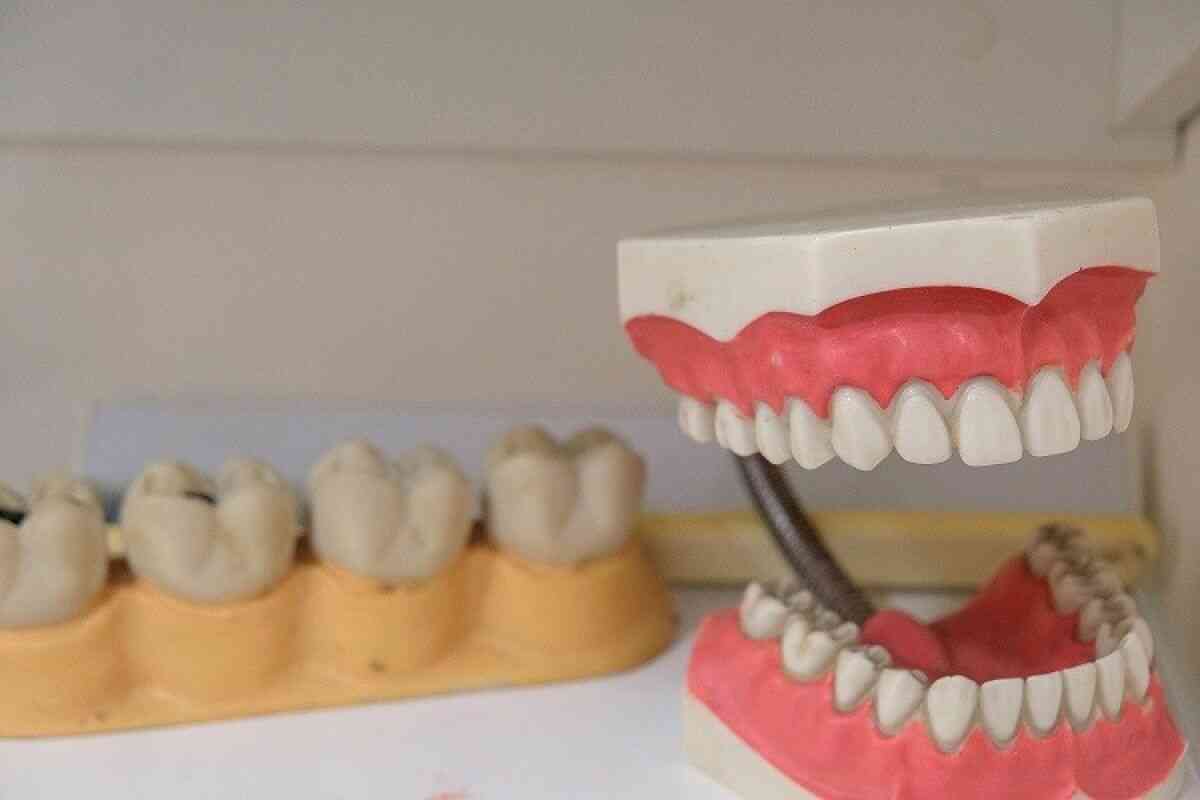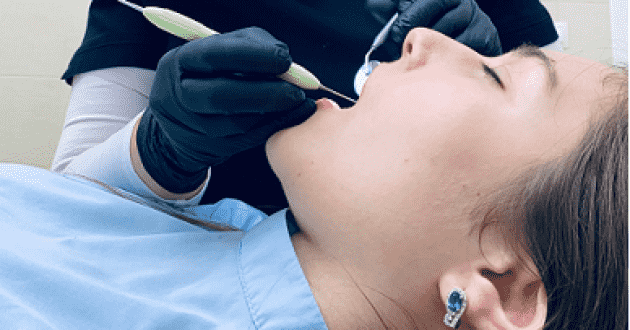Common Problems with Dentures and How to Fix Them
- - Category: Dental Care
- - 21 Sep, 2021
- - Views: 530
- Save

If you have dentures, you might noticed that it takes some time to get used to. Along with this, there are also some iss
If you have dentures, you might noticed that it takes some time to get used to. Along with this, there are also some issues that you are bound to encounter before they start to feel truly comfortable and natural in your own mouth. The good news is that dealing with these issues is easy for as long as you know what to do. Here are five of the most common problems with dentures and how you can fix them.
Soreness and Discomfort
These are normal during the early stages of your adjustment phase, and happens during the first few hours to days after getting your new dentures fitted. This is caused by the new dentures rubbing into the gums, causing bothersome pain and irritation. But as your mouth and gums get used to them, the initial soreness should disappear. Should the pain persist or intensity, immediately get it checked by your dentist.Treat it by rinsing your mouth with a saltwater solution to help relieve the pain. Also try massaging your gums or taking pain medication if necessary.
Difficulty Speaking
New dentures usually feel strange in the mouth at first, making it hard to people to talk normally as they are adjusting to them. If you experience this problem, familiarize your mouth and tongue muscles with the sensations of speaking. This will take some time so you need to be patient and persistent with it. As your mouth becomes more familiar with the dentures, you should find yourself settling into your normal way of speaking.Treat it with practice. Overcome the difficulty of speaking with newly fitted dentures by regularly speaking. Aside from actual talking, you can also practice by singing your favorite songs.
Difficulty Eating
Many people find it hard to eat normally after getting new dentures. Their mouths are still not used to it or their gums are still healing from the procedure. If you experience this, be patient and give your mouth enough time to adjust. You might feel pain when eating certain food or feel your dentures slipping as you do so. But once your gums and mouth are adjusted to your new dentures, you will find yourself normally eating soon enough.Treat it by avoiding hard and sticky food during the first few weeks. This minimizes pressure on the chews as you eat and chew. Slowly work your way to eating harder food as your gums and mouth adjust.
Slipping Dentures
You might have excellently-designed new dentures, but your gums and mouth will still need time to conform to them. While teeth are naturally anchored to the gums, most dentures are kept in place by various mouth muscles. Because of this, they can dislodge or slip easily while talking or eating during the first few weeks. Treat it by learning how to coordinate your gums, tongue and mouth and keep in them in place during the adjustment period. Allow them to properly adjust and be patient with repositioning them when they slip out.
Excess Saliva
Sometimes, the new dentures can confuse the body and make it think that your dentures are a foreign object or even food. This can activate your saliva glands and make you produce more saliva than usual. Fortunately, the mouth adjusts to the new dentures eventually, and your saliva glands will normally work again, producing saliva at normal levels. There really is no way to treat it; you just have to be prepared to deal with more saliva than usual. Your saliva glands and mouth will eventually adjust to your new dentures and this problem should disappear on its own.
To learn more about dentures and how to fix and problems you might encounter after getting them, talk to your dentist. They can give you more tips on how to adjust with your new dentures.



